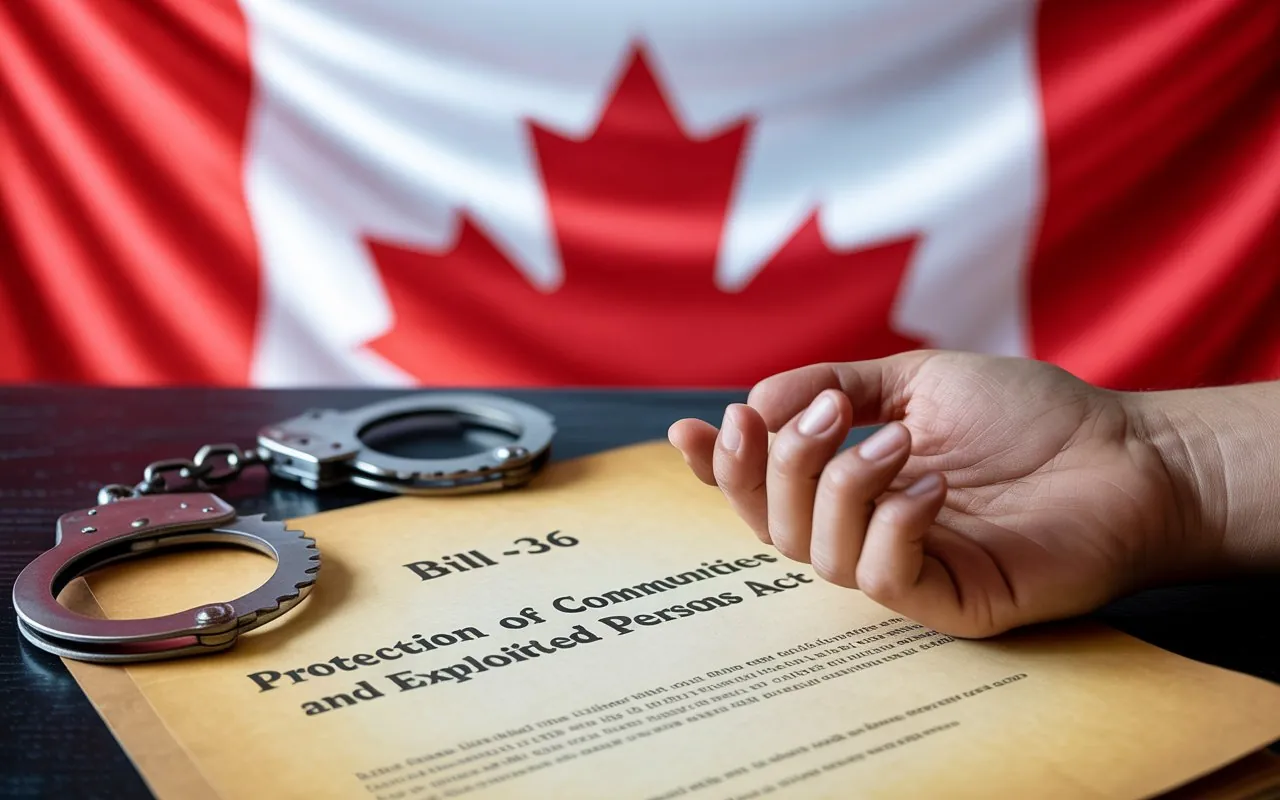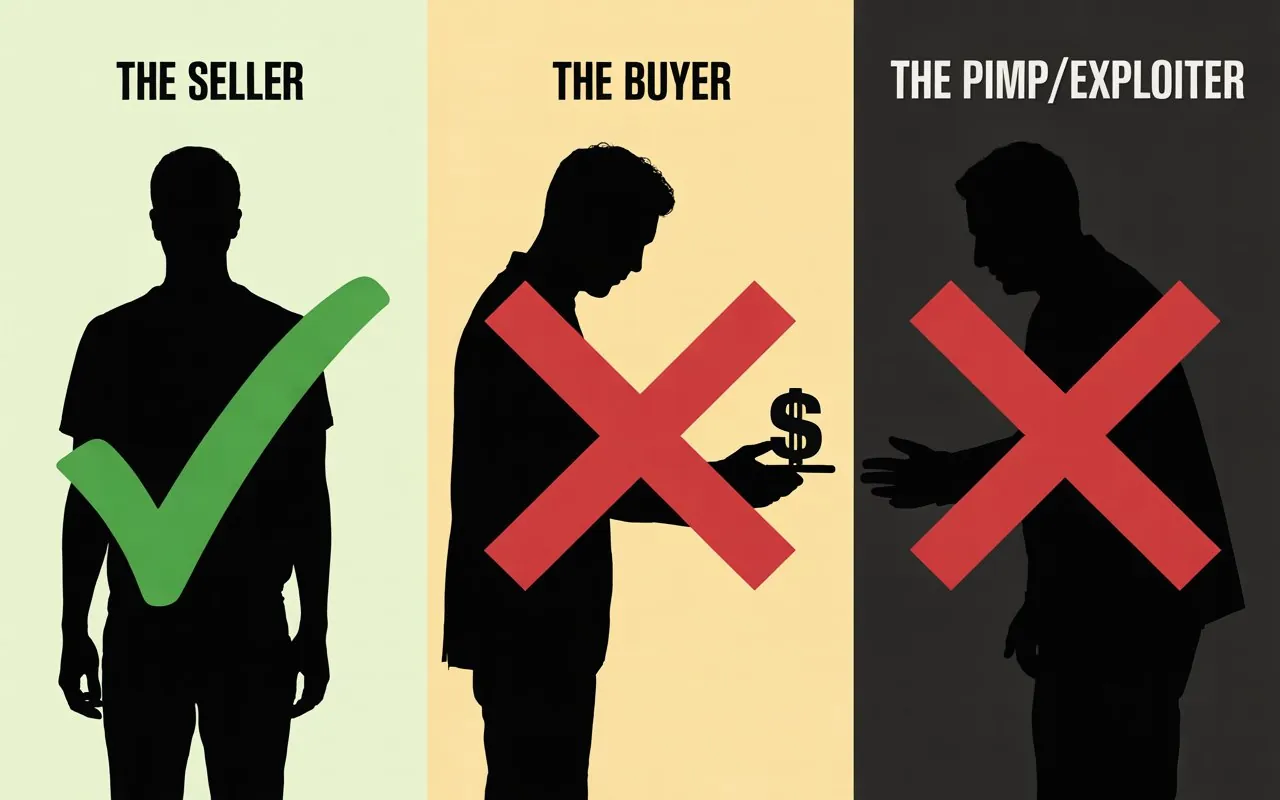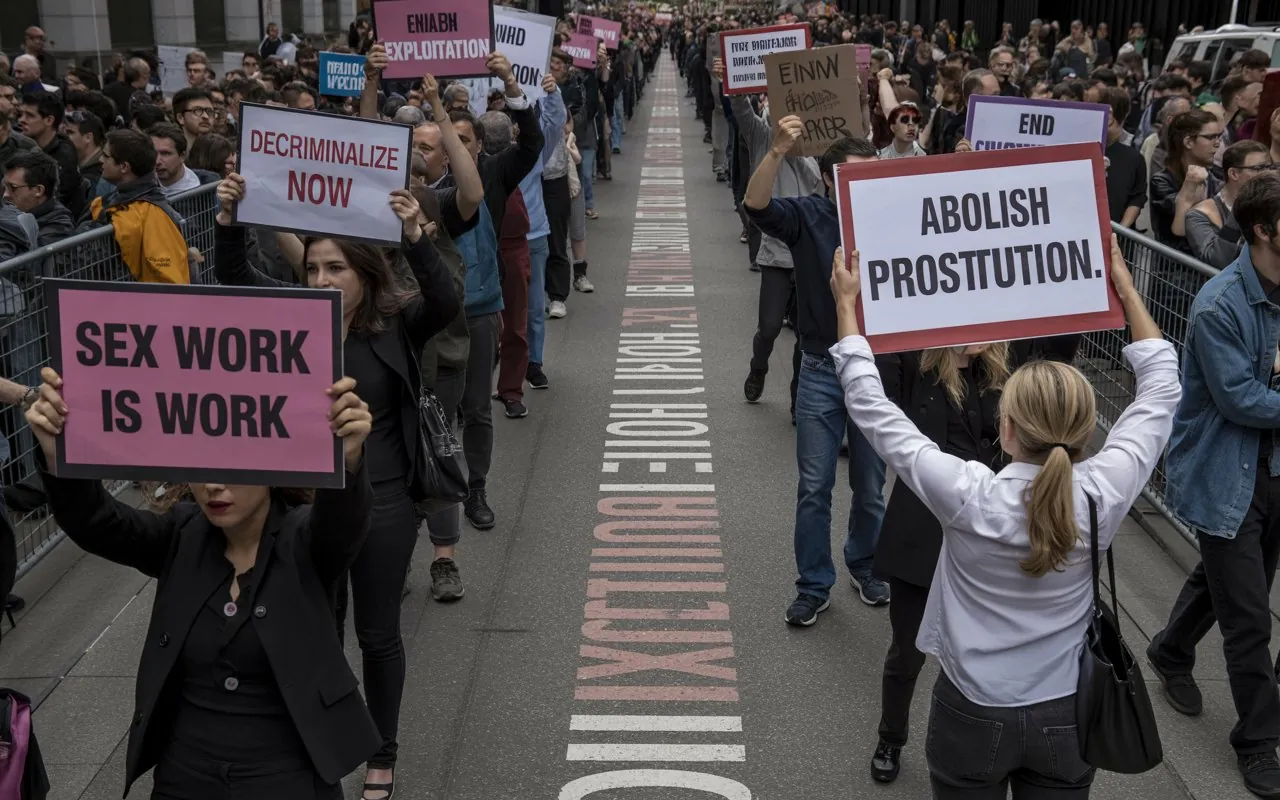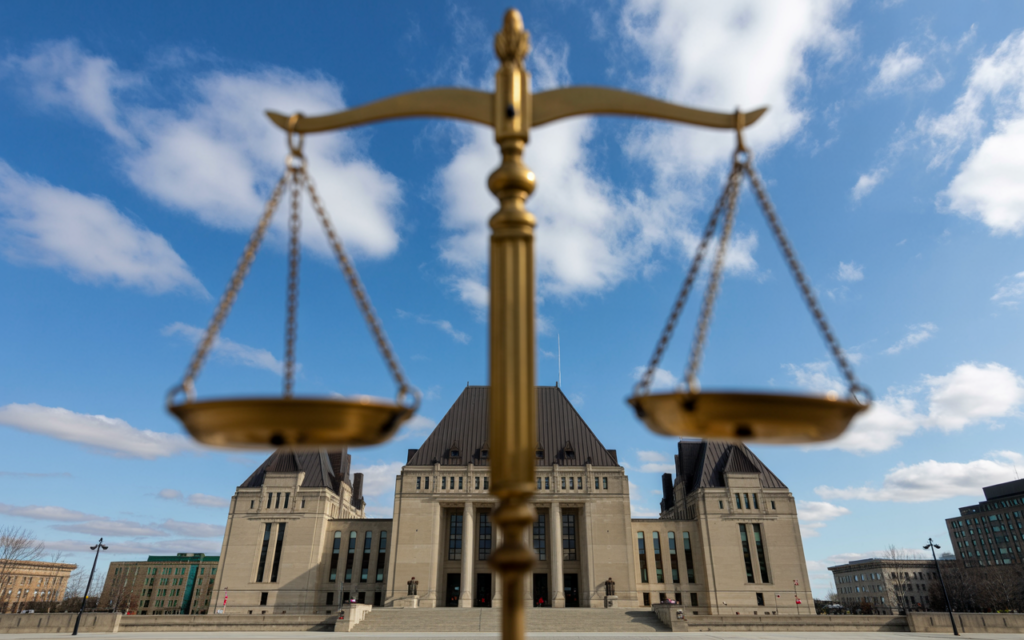If you’re searching for answers about is prostitution legal in Canada, you’re not alone. The laws here are unique, complex, and often misunderstood. To clear up the confusion, this article dives deep into every aspect of the legal landscape, from what you can and can’t do, to real-world scenarios, and the philosophy behind the system.
Is prostitution legal in Canada? The answer is not a simple yes or no. Canada’s approach is unlike most countries. You need to understand the specifics of the law—the Protection of Communities and Exploited Persons Act (PCEPA, or Bill C-36)—to make sense of where the lines are drawn. Whether you’re curious, affected, or just want the facts, this guide will walk you through everything you need to know about is prostitution legal in Canada.
Understanding the Law: Is Prostitution Legal in Canada Under Bill C-36?
What Bill C-36 Changed
Before 2014, Canada had laws that criminalized many activities around prostitution, including keeping a bawdy house (brothel), living off the avails of prostitution, and communicating for the purpose of prostitution. These laws made life difficult and dangerous for sex workers, who often had to work in unsafe conditions to stay outside the law.
In 2013, the Supreme Court of Canada found these old laws unconstitutional because they put sex workers at risk. The government responded with Bill C-36, enacted in December 2014. This new law, PCEPA, created a different legal framework for prostitution—one that specifically targets buyers, exploiters, and public nuisances, while leaving the actual sex seller (the prostitute) in a legal gray area.
Is prostitution legal in Canada? The answer starts with this law. Under Bill C-36, the act of selling your own sexual services is not a crime. That means if you are the person providing sex for money, you are not breaking the law simply by doing your job. This was a major shift: the law now treats sex workers as potential victims, not criminals. But that’s only one piece of the puzzle.

Criminalizing the Buyer: The Core of Bill C-36
The law is clear: buying sexual services in Canada is a crime. This means if you pay someone for sex, or try to, you can be charged and prosecuted. The penalties are serious—up to five years in prison if convicted on indictment, plus fines that get steeper if you’re caught near schools, parks, or places where children might be present. The law is even stricter if the person selling sex is under 18: the maximum sentence jumps to ten years in prison, with a mandatory minimum sentence of six months for a first offense.
Is prostitution legal in Canada for buyers? Absolutely not. The legal system is designed to discourage people from seeking paid sexual services, with the goal of shrinking the market for prostitution over time.
Third Parties and Profits: What Is and Isn’t Allowed
Profiting from prostitution in Canada is illegal. This means you can’t make money from someone else’s sex work. If you run a brothel, act as a pimp, or otherwise benefit financially from sex workers—whether through advertising, renting space, or managing—you are breaking the law. The maximum penalty for this is ten years in prison, and if the sex worker is under 18, it’s even stricter.
But there’s an important exception: sex workers are allowed to hire bodyguards, drivers, or share space with other sex workers for safety, and those helpers will not be charged—as long as they aren’t exploiting or profiting beyond what’s needed for safety.
Is prostitution legal in Canada if you’re a third party? Only in very limited, safety-focused scenarios. Otherwise, it’s a criminal offense to profit from, organize, or otherwise facilitate prostitution.
Advertising Sexual Services: A Legal Gray Area
One of the trickiest parts of the law is advertising. It’s illegal to advertise someone else’s sexual services, whether online or offline. If you own a website or a business that lists sex workers for hire, you can be prosecuted. But sex workers can advertise their own services directly. This is intended to allow sex workers to work safely indoors and screen clients, rather than having to risk street-based work.
Is prostitution legal in Canada for advertising? If you’re a sex worker posting your own ad, you’re protected. If you’re anyone else—including a platform or agency—you’re breaking the law.
Real-World Scenarios: Is Prostitution Legal in Canada in Practice?
Let’s look at common situations and what the law means in real life.

If You’re Selling Your Own Sexual Services
- You are not committing a crime by selling sex.
- You can advertise your own services.
- You can hire a driver or bodyguard for safety.
- You can share an apartment with other sex workers for safety.
Is prostitution legal in Canada for the sex worker? In these cases, yes. The law is designed to protect sex workers from criminal charges for the act of selling sex.
If You’re Buying Sexual Services
- You are breaking the law by paying or attempting to pay for sex.
- It doesn’t matter where you do it—indoors or outdoors, the law applies everywhere.
- If you’re caught near a school, park, or place where children are present, the fines are higher.
- If the sex worker is under 18, penalties are much more severe.
Is prostitution legal in Canada for buyers? No—it’s a criminal offense.
If You’re a Third Party
- You can’t run a brothel, escort agency, or massage parlor that facilitates prostitution.
- You can’t profit from sex work—no pimping, no taking a cut, no charging rent for a sex work business.
- You can’t advertise someone else’s services.
- You can work as a bodyguard, driver, or similar safety-focused role, as long as you’re not exploiting the sex worker.
Is prostitution legal in Canada for third parties? Almost never—unless your role is strictly to enhance safety.
Online and Advertising Platforms
- Sex workers can advertise online for themselves.
- Platforms that host ads from sex workers can be prosecuted.
- Buyers and business owners (except sex workers) can’t advertise or solicit online.
Again, is prostitution legal in Canada for advertising? Only if you’re the sex worker posting for yourself.
The Philosophy Behind the Law: Why Is Prostitution Legal in Canada for Sellers But Not Buyers?
Canada’s approach is based on the idea that prostitution is inherently exploitative and unsafe for sex workers, especially women and girls. The goal is to reduce the incidence of prostitution by making it illegal for people to buy sex, and to make it impossible for anybody but the sex worker to earn a living from it.

The law’s official objectives are:
- To discourage prostitution by targeting demand.
- To protect communities from nuisance and exploitation.
- To support people who want to leave prostitution.
- To ultimately reduce, and hopefully eliminate, prostitution in Canada.
Is prostitution legal in Canada as a recognized profession? No. The government is not trying to regulate prostitution; it’s trying to eliminate it by making it unattractive for buyers and unsafe for anyone to profit from it except the sex worker themselves.
Practical Implications and Consequences: Is Prostitution Legal in Canada for Real Life?
Let’s talk about what happens on the ground.

For Sex Workers
- Can work without fear of arrest for selling sex.
- Can get help from law enforcement if victimized.
- Still face challenges: stigma, danger from criminalized buyers, and legal risks if they collaborate with others who profit.
- Are encouraged by the law to exit prostitution, but have few formal support systems.
Is prostitution legal in Canada for sex workers? Only the act of selling is decriminalized. Everything else around them is still criminalized, which can limit their ability to work safely.
For Buyers
- Risk arrest, fines, prison, and a criminal record.
- May avoid public places, driving sex work further underground.
- May insist on stealth and secrecy, which increases risk for sex workers.
Is prostitution legal in Canada for buyers? No—buyers are the main target of law enforcement.
For Communities
- Public solicitation is still illegal—no street prostitution allowed.
- Local governments can move against nuisance businesses, massage parlors, or apartments involved in sex work.
- Neighbors can lobby authorities to stop visible or disruptive sex trade activity.
Is prostitution legal in Canada for neighborhoods? Only if it’s hidden. Public prostitution is still prohibited.
The Ongoing Debate: Challenges and Criticisms
Is prostitution legal in Canada in a way that protects sex workers? Many critics say no. Despite the law’s intentions to protect sex workers, the reality is that criminalizing some aspects of the trade—even if it’s only the buyer—presents its own dangers.

Criticisms of the Current Law
- Sex workers say criminalizing buyers makes their work more dangerous: Clients want to avoid the police, so sex workers have to meet in isolated or unfamiliar places.
- Police are still involved in enforcement: This can make sex workers wary of seeking help when they’re victims of crime.
- The law does little to address root causes of prostitution: Poverty, trauma, and lack of alternatives are major factors that drive people into the trade.
- Stigma remains: Sex workers still face discrimination, even if they’re not directly criminalized.
Is prostitution legal in Canada? On paper, only the seller is protected—but in reality, the whole system is still shaped by criminalization.
The Future: Is Prostitution Legal in Canada Forever?
The law is being challenged again. In 2023, the Supreme Court of Canada agreed to hear a case (R v. Kloubakov) that questions whether PCEPA is constitutional. The argument is that criminalizing any part of consensual adult sex work violates rights to security, liberty, and equality.

Is prostitution legal in Canada in the long term? It depends. The law could change if the Supreme Court finds parts of PCEPA unconstitutional. Until then, the current rules stay in place.
What If You’re in Canada? Actionable Advice
- If you’re a sex worker: You can sell sex, advertise your own services, and hire safety-focused staff without criminal penalty. However, avoid collaborating with third parties who profit from your work, as that puts them (and sometimes you) at risk.
- If you’re a buyer: Don’t buy. It’s a crime, and you could face serious penalties.
- If you’re a third party: Don’t profit from prostitution. Stick to safety roles, and avoid organizing or advertising sexual services.
- If you’re a community member: Report nuisance or exploitative activity to local authorities. Public solicitation is still illegal.
The Core Facts: Is Prostitution Legal in Canada? The Bottom Line
- Sex workers: Decriminalized—sell your own services without fear.
- Buyers: Fully criminalized—never buy sex in Canada.
- Third parties: Highly criminalized—don’t profit, organize, or advertise sex work.
- Philosophy: The law is designed to eliminate prostitution, not regulate it. The government sees sex work as exploitation, and the system is built to discourage both buyers and those who would profit from prostitution.
Is prostitution legal in Canada? No, not as most people understand it. The average street, brothel, or arrangement with a third party is illegal. Only the sale of sex by the sex worker themselves is decriminalized, and even then, the environment is still shaped by criminalization and stigma.
If you’re searching for is prostitution legal in Canada, the answer is in the fine print. The law is complex, the rules are strict, and the intended outcome is the disappearance of prostitution—not its safe or regulated presence. Keep yourself informed, stay out of legal trouble, and understand that Canada’s system is unlike almost anywhere else in the world.